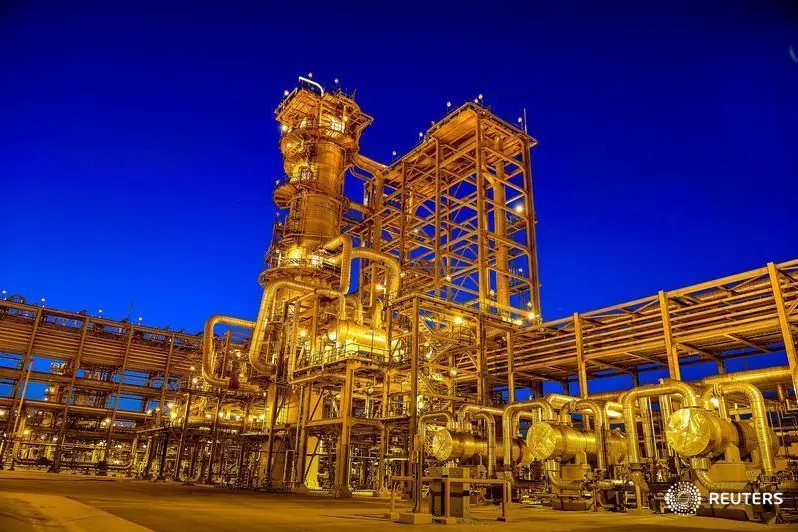PHOTO
NEW YORK - Saudi Arabia’s integration with global markets doesn’t depend entirely on the initial public offering of Saudi Aramco, its national oil champion. FTSE Russell is adding the kingdom to its global and emerging-markets indexes. MSCI is likely to follow suit, which could steer billions in index funds to the Riyadh exchange.
The big index companies have been dancing with the Saudis for years but have held off from including the country’s stocks in their benchmarks because of limited market access and burdensome rules. What tipped the balance this time were measures to simplify the quota system used to give foreign investors access and to align settlement procedures with global norms.
Although the quotas have been in place for three years, most international investors have little exposure to Saudi stocks. By itself, the FTSE Russell decision is unlikely to change that picture dramatically. Based on the funds that track the relevant indexes, inclusion could generate some $5 billion of inflows, or 1 percent of the $500 billion market cap of the Tadawul, the only Saudi bourse.
A follow-on move by MSCI would be a different story, though. The company is reviewing recent Saudi measures and plans to announce a decision in June. With some $1.6 trillion in assets pegged to its various emerging-markets indexes, a Saudi weighting along the lines of its rival’s expected 2.7 percent suggests the potential for more than $40 billion of inflows.
That would represent a meaningful victory for Mohammed bin Salman, the Saudi crown prince who wants to open up the kingdom’s economy and society. Although the domestic market has surged 45 percent over the past 18 months, it still sits nearly a third below its 2014 peak. Stocks remain closely correlated with oil prices, and the lack of institutional money breeds rumors and suspicions of insider trading.
The listing of Aramco – sometime, somewhere – is still a much bigger potential draw for foreign investors. The latest news reports suggest a domestic IPO may come next year, with the crown prince’s $2 trillion valuation target a challenge on foreign markets despite the top exchanges’ desire to win the business. The move by FTSE Russell is, however, a step toward a more international Saudi market, even if Aramco’s privatization stays local – or on hold.
On Twitter https://twitter.com/tombuerkle
CONTEXT NEWS
- FTSE Russell on March 29 said it would promote Saudi Arabia to secondary emerging-market status and include the kingdom’s stocks in its indexes, beginning in March 2019.
- The inclusion will be phased in over nine months, after which Saudi stocks will have a weighting of around 2.7 percent in the FTSE Emerging Index and 0.25 percent in FTSE Global All Cap Index. If Saudi Aramco, the national oil company, does an initial public offering on the domestic market, the weighting in the Emerging Index would increase to 4.6 percent based on a $1.5 trillion valuation and a 5 percent float, the index company said.
(The author is a Reuters Breakingviews columnist. The opinions expressed are his own.)
(Editing by Richard Beales and Ben Kellerman) ((thomas.buerkle@thomsonreuters.com;)(Reuters Messaging: thomas.buerkle.thomsonreuters.com@reuters.net))





















